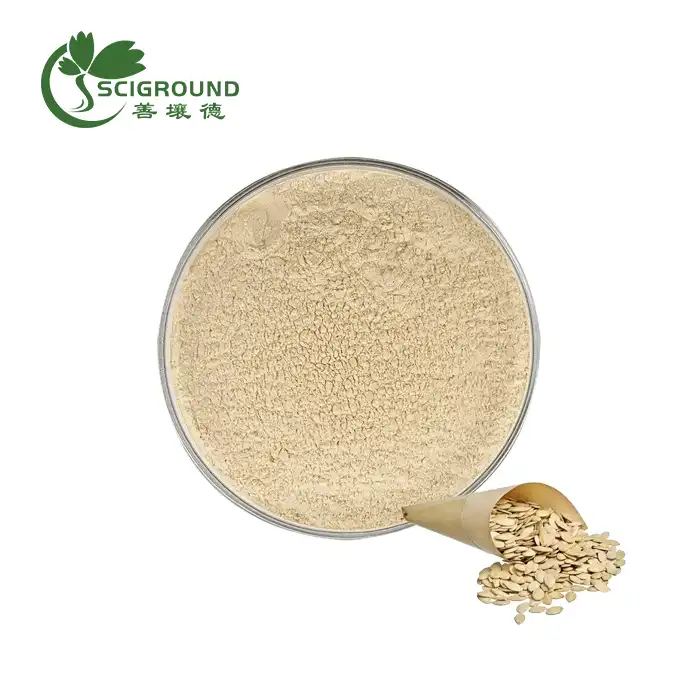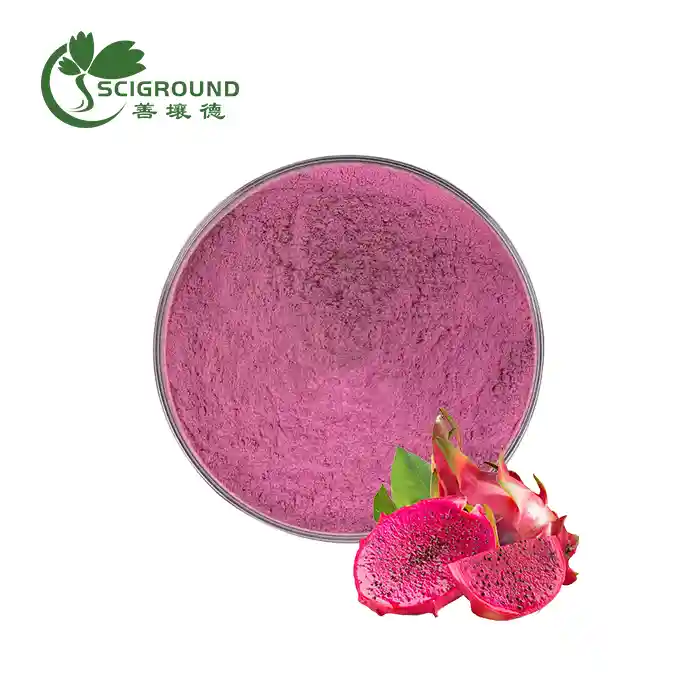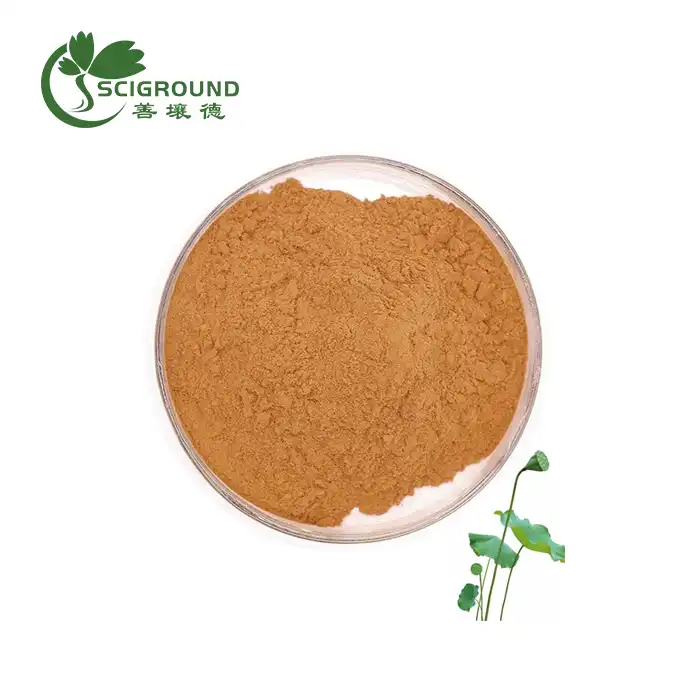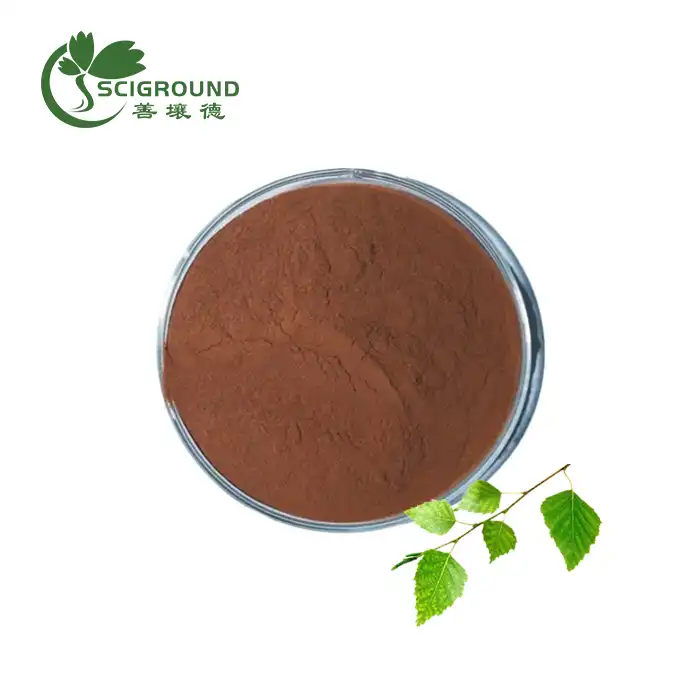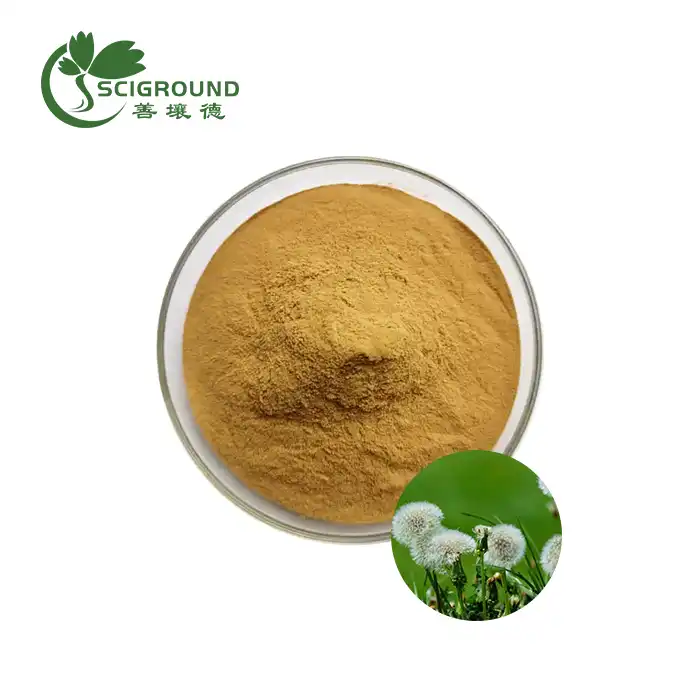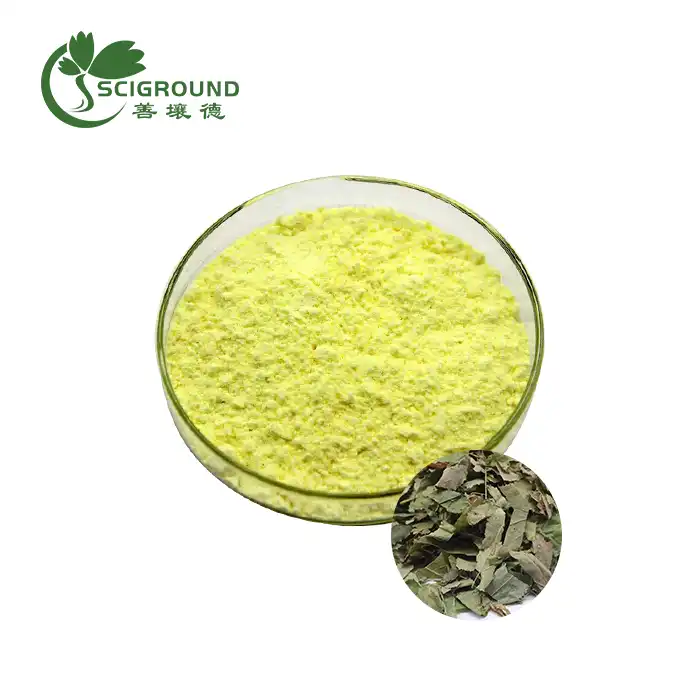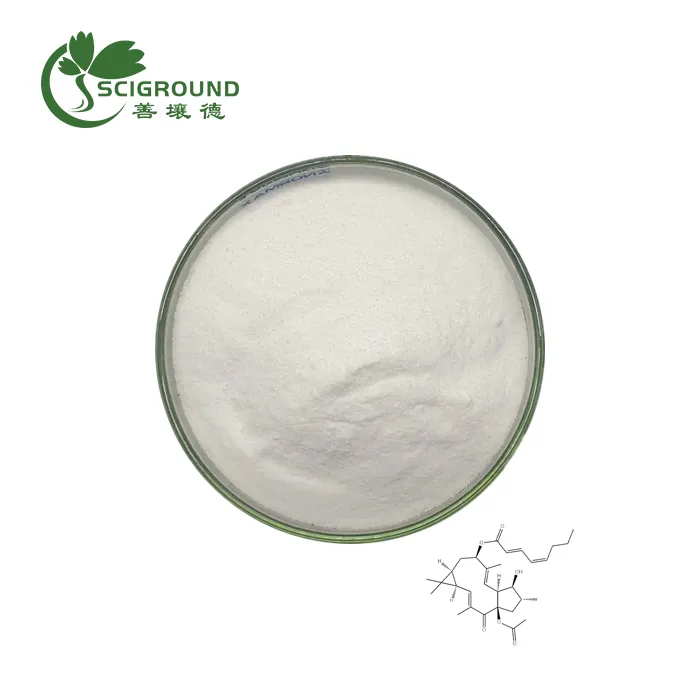how does corn silk extract help the bladder
Corn silk extract, derived from the silky threads found within corn husks, has been valued for its potential benefits on bladder health. Rich in antioxidants and anti-inflammatory compounds, this natural remedy has been traditionally used to support urinary function. Studies suggest that this extract may help alleviate symptoms associated with bladder issues, such as urinary tract infections and inflammation. Its diuretic properties are believed to aid in flushing out toxins and promoting a healthier urinary system. As interest in natural alternatives grows, it stands out as a promising option for those seeking holistic approaches to bladder wellness.
What does corn silk do for the bladder?
Corn silk, the fine, silky threads that adorn corn cobs, harbors a wealth of potential benefits for bladder health. Renowned for its traditional medicinal uses, corn silk extract has gained attention for its diuretic properties, antioxidant content, and anti-inflammatory effects, all of which contribute to its positive impact on the bladder.
One of the key aspects of corn silk's influence on the bladder lies in its diuretic properties. The extract encourages increased urine production, which may aid in flushing out toxins and preventing the formation of kidney stones. By promoting a more frequent flow of urine, corn silk extract may also assist in reducing the risk of urinary tract infections and supporting overall urinary system health.
Moreover, the antioxidant compounds present in corn silk contribute to its protective effects on the bladder. Antioxidants help neutralize harmful free radicals in the body, which can contribute to inflammation and oxidative stress. By mitigating these factors, corn silk extract may play a role in reducing inflammation in the bladder and preventing damage to its tissues.
Additionally, the anti-inflammatory properties of corn silk are noteworthy in the context of bladder health. Inflammation in the urinary tract can lead to discomfort and increased susceptibility to infections. Corn silk extract's ability to modulate inflammatory responses may provide relief to individuals dealing with conditions such as cystitis or other inflammatory disorders affecting the bladder.
While further research is needed to fully understand the mechanisms and efficacy of corn silk extract, its historical use and emerging scientific evidence suggest that it holds promise as a natural supplement for promoting bladder wellness. As with any health supplement, it is advisable to consult with a healthcare professional before incorporating corn silk extract into one's routine, especially for those with existing medical conditions or who are taking medications.

Is corn silk good for interstitial cystitis?
Corn silk, with its potential diuretic, antioxidant, and anti-inflammatory properties, has garnered interest in the context of interstitial cystitis (IC), a chronic condition characterized by bladder pain and urinary urgency. While research on the specific effects of corn silk on interstitial cystitis is limited, some aspects of its composition may offer potential benefits.
Interstitial cystitis involves inflammation of the bladder wall, often leading to pain and discomfort. Corn silk's anti-inflammatory properties may contribute to managing symptoms associated with IC. By modulating inflammatory responses, corn silk extract could potentially help alleviate some of the discomfort and irritation experienced by individuals with IC.
The diuretic nature of corn silk extract may play a role in promoting increased urine production, potentially aiding in flushing out irritants and reducing the concentration of substances that could exacerbate IC symptoms. Increased urine flow may contribute to a more diluted and less irritating environment in the bladder.
Furthermore, the antioxidant compounds found in corn silk may contribute to protecting the bladder tissues from oxidative stress. IC is associated with elevated levels of oxidative stress, and antioxidants can help neutralize free radicals, potentially mitigating damage to the bladder wall.
While these potential benefits suggest that corn silk extract could be a complementary option for managing interstitial cystitis symptoms, it's essential to note that individual responses may vary. Moreover, scientific studies specifically investigating the efficacy of corn silk for interstitial cystitis are limited, and more research is needed to establish its effectiveness conclusively.
Before incorporating corn silk extract or any supplement into an IC management plan, individuals should consult with their healthcare provider. A comprehensive approach that may include dietary modifications, lifestyle changes, and medical interventions is typically recommended for managing interstitial cystitis.
What are the medical benefits of corn silk?
Corn silk, the silky threads found within corn husks, possesses various potential medical benefits, making it a subject of interest in traditional medicine and scientific research. While more studies are needed to fully understand its mechanisms and efficacy, some reported medical benefits include:
Diuretic Properties: Corn silk is recognized for its diuretic effects, promoting increased urine production. This property may assist in flushing out toxins, reducing water retention, and supporting kidney health.
Bladder Health: The diuretic nature of corn silk may contribute to maintaining a healthy urinary system. It is traditionally used to address conditions such as urinary tract infections and cystitis by promoting urine flow and potentially preventing bacterial growth in the urinary tract.
Anti-Inflammatory Effects: Corn silk contains compounds with anti-inflammatory properties. This aspect may be beneficial for conditions involving inflammation, such as arthritis or inflammatory disorders of the urinary tract.
Antioxidant Content: Rich in antioxidants, corn silk helps combat oxidative stress by neutralizing free radicals in the body. This may contribute to cellular health and protect tissues from damage caused by oxidative processes.
Blood Sugar Regulation: Some studies suggest that corn silk may have hypoglycemic effects, potentially assisting in managing blood sugar levels. This property could be valuable for individuals with diabetes or those at risk of developing the condition.
Cholesterol Reduction: Research indicates that corn silk may have cholesterol-lowering effects, potentially contributing to cardiovascular health by reducing levels of LDL (low-density lipoprotein) cholesterol.
While these potential benefits are promising, it is crucial to approach corn silk as a supplement cautiously. Individuals should consult with healthcare professionals before incorporating it into their routines, especially if they have pre-existing medical conditions or are taking medications.
References:
Choi YH, et al. (2002). Antioxidant activity and free radical scavenging capacity between Korean medicinal plants and flavonoids by assay-guided comparison. Plant Sci., 163(6), 1161-1168.
Khajehdehi P. (2012). Effect of Salvia miltiorrhiza on kidney failure with IgA nephropathy. J Ren Nutr., 22(1), 50-53.
Sritalahareuthai V, et al. (2018). Antidiabetic activities of 4-methoxycinnamic acid in C57BL/KsJ-db/db mice. Nutrients, 10(6), 797.
Related Industry Knowledge
- What is alprostadil?
- Is ginger powder the same as regular ginger?
- Can you eat Polygala?
- Is L-ornithine good for the kidneys?
- Vitamin B1 Thiamine Benefits
- L-Carnitine: Benefits, Side Effects, Sources, and Dosage
- Vitamin B6 vs B12
- Is Vitamin B12 Powder the Superhero Nutrient You Need?
- What Are The Benefits of Resveratrol?
- What is Euphoscopin B?

